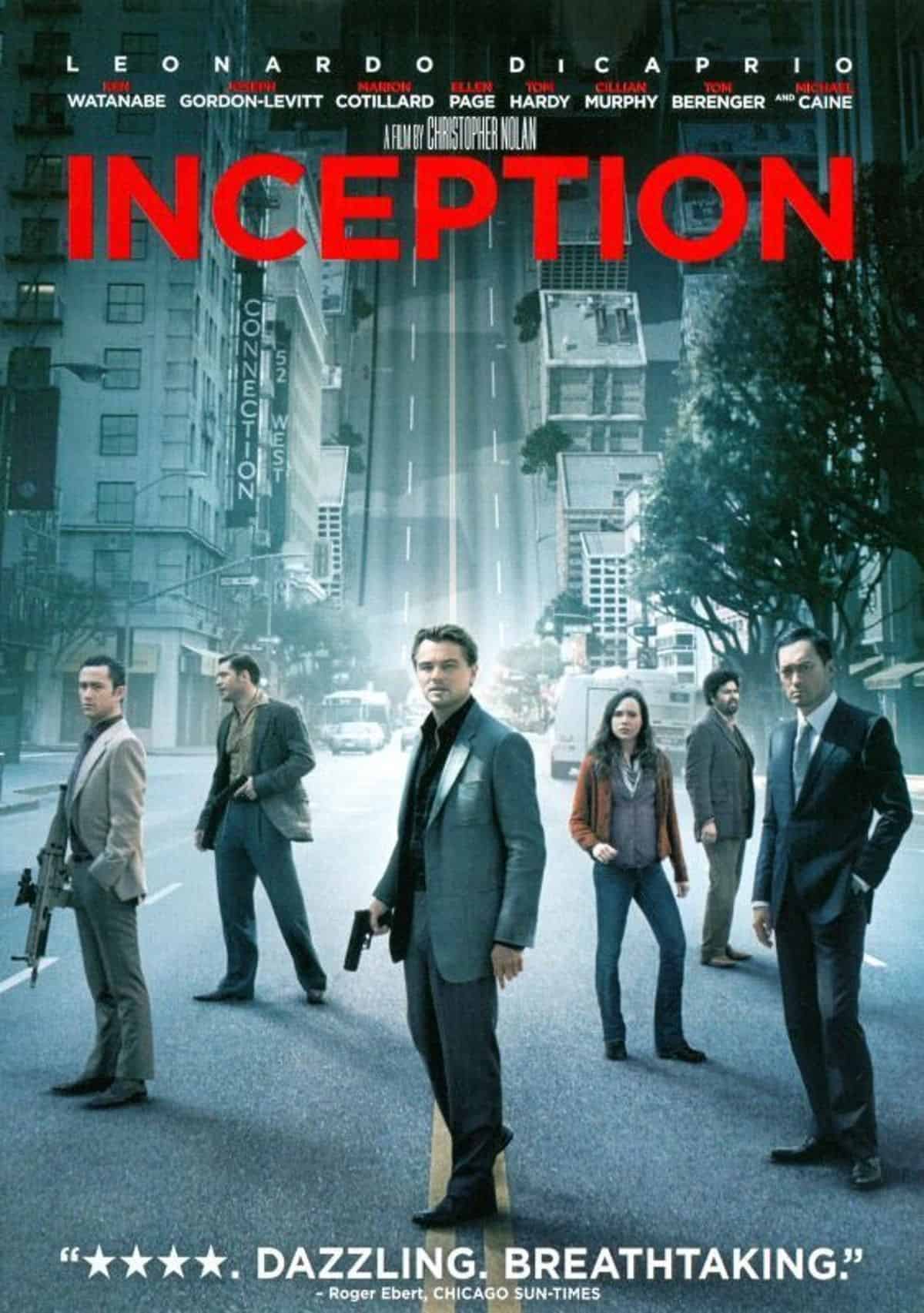A good movie critic describes a movie in a way that is succinct, yet complete. Roger Ebert has this description for the 2010 Christopher Nolan movie Inception, “Here is a movie immune to spoilers: If you knew how it ended, that would tell you nothing unless you knew how it got there. And telling you how it got there would produce bafflement.” This is so true. There are no spoilers in Inception. Sure, I can tell you that as I rewatched the movie, I came to the conclusion that Dom Cobb (Leonardo DiCaprio) remains stuck in the limbo. For one thing, his children are playing exactly the same way, with same clothes which is impossible after a gap of many years. (Nolan did create a doubt by introducing a slightest of wobbles in the spinning top and then cutting the shot immediately after.) But this can hardly be called a spoiler because it may well be that I am wrong. One crucial point is that we are not told what happens to Saito (Ken Watanabe).
That’s the beauty of Inception. It defies conventions. Referring to Ebert again, he says that normally he is immune to chase sequences but the actions scenes in Inception got him hooked. That is because every little detail is so vital to the story. Nolan worked on the script for 10 years and you can see why. There are layers within layers, meanings hidden inside meanings. To quote David Ferrie from the 1991 Oliver Stone movie JFK, “It’s a mystery wrapped in a riddle inside an enigma!” Here’s a trivia nugget. If you take the first letters of the main characters’ names, Dom, Robert, Eames, Arthur, Mal and Saito, they spell “Dreams”. If you add Peter, Ariadne and Yusuf, you get “Dreams Pay”.
Inception has this rare ability to have you literally on the edge of your seat all the time, which is all the more remarkable as today’s thrillers and action movies have become so ubiquitous that we know what to expect in most of them. In case of Inception, half the time you are not sure if the plot in your head is the real one. I kept counting the dream levels as the movie went on. This is expressed beautifully by Ariadne (Elliot Page) when she asks, “Whose subconscious are we going into exactly?”
I loved the idea of representing the subconscious as a vault under lock and key. Another key idea is when you die in a dream, you wake up. Much of the plot hinges on this idea. What’s remarkable is that Nolan teaches us these basics – some of them are quite complex concepts – without us realising it. The characters in a dream are the projections of your subconscious – another great idea. One part that is not clear to me is how do you enter another person’s dreams? This reminds one of the concept of collective consciousness proposed by famous psychologist Carl Jung.
Normally, you keep track of the landscape while watching a movie, especially an action movie with chasing sequences. That does not work here. The landscapes are part of the dreams and can change in any way, shape or form. As the movie progresses, we cut back and forth through different dream levels. Add to this the fact that time is not the same on every dream level so you have a van that is falling in a river for almost 25-30 minutes of movie time.
Watching Inception for the first time in theatre was an unforgettable experience. There was so much to take in that I understood maybe 60% of the plot. Rewatching it is a different experience. You know what to expect and you are focused on the details. I think I understood 80% of the plot this time. I am going to keep rewatching it from time to time to improve my batting average.
Inception is streaming on Netflix.



